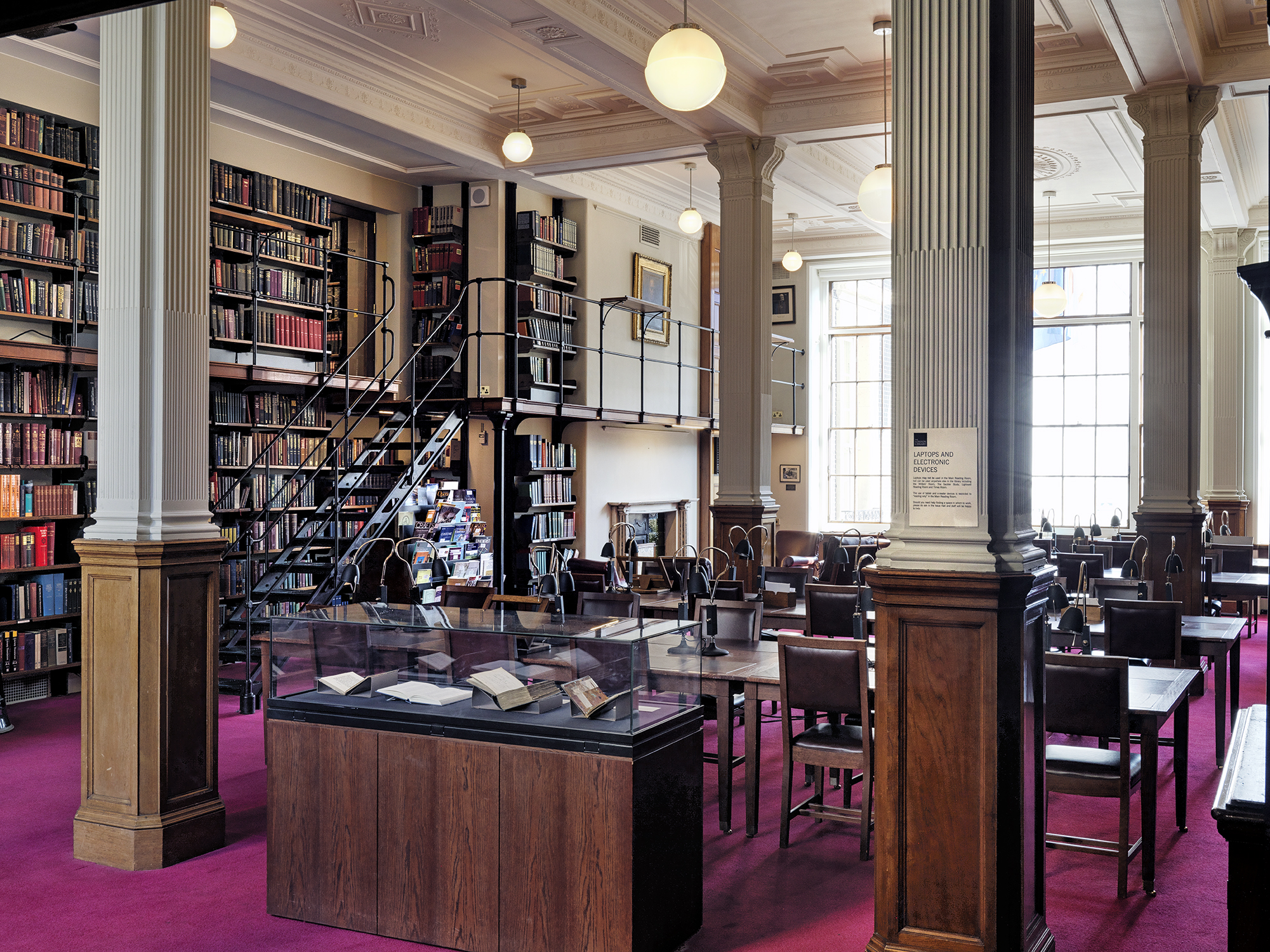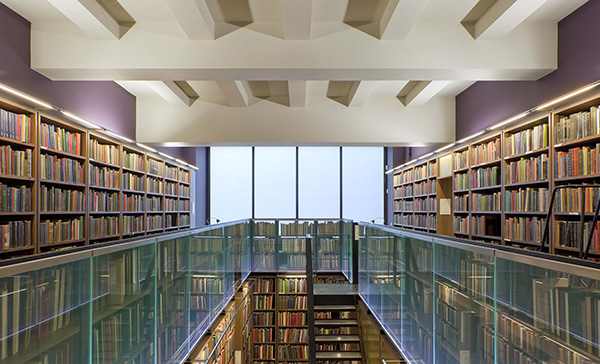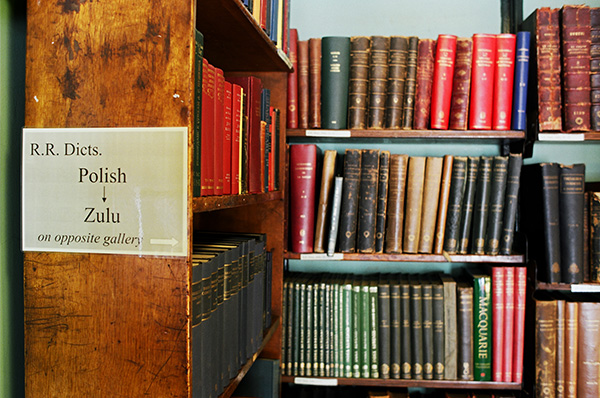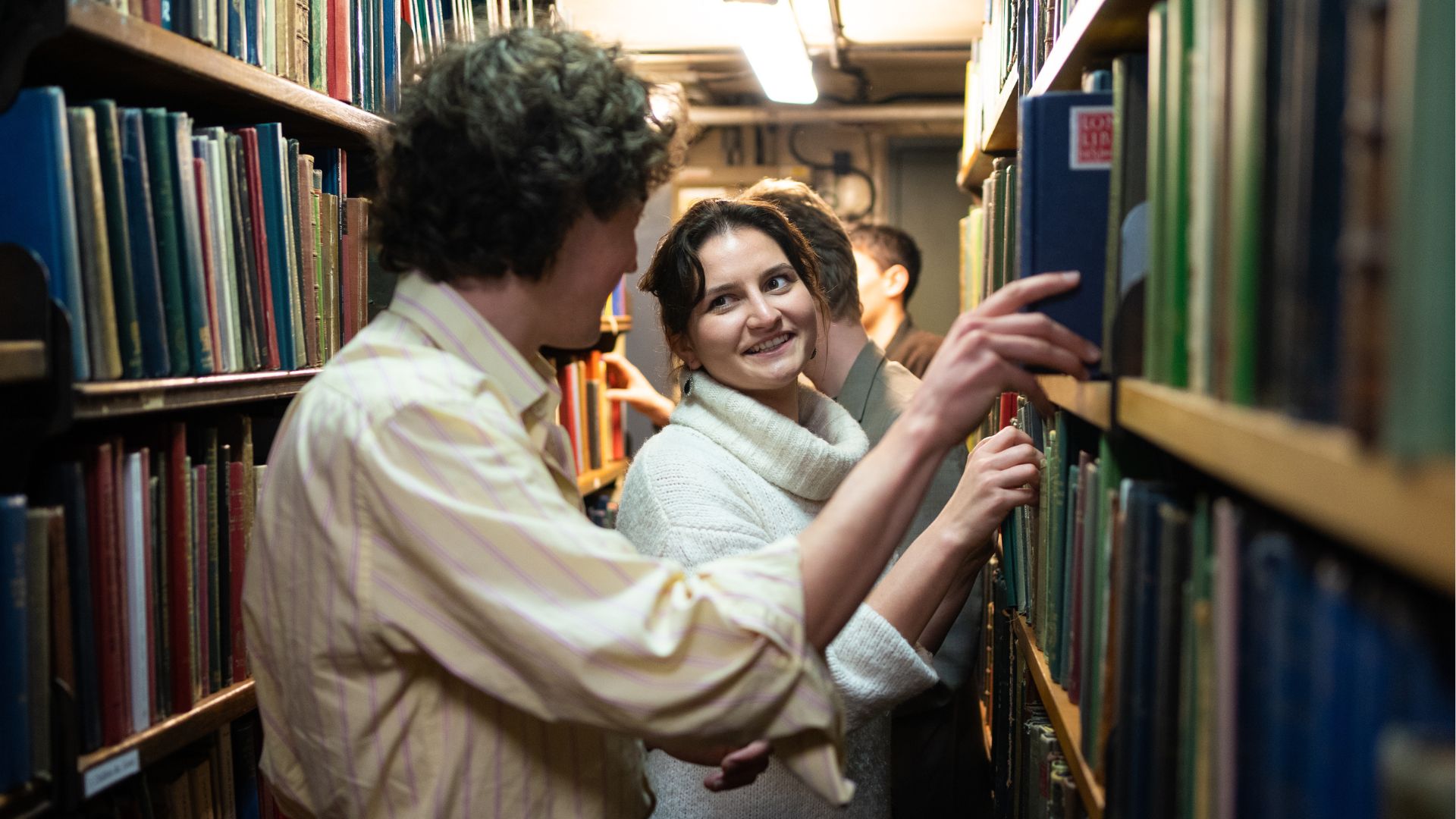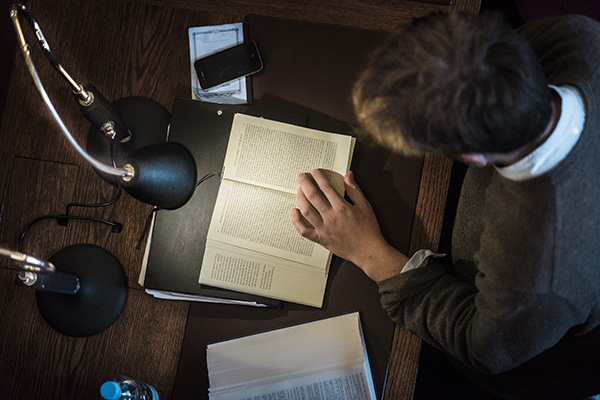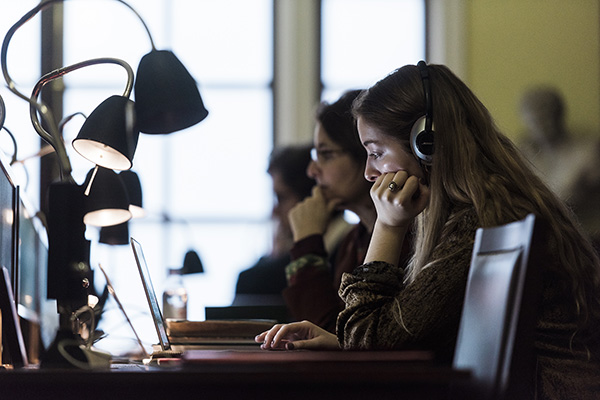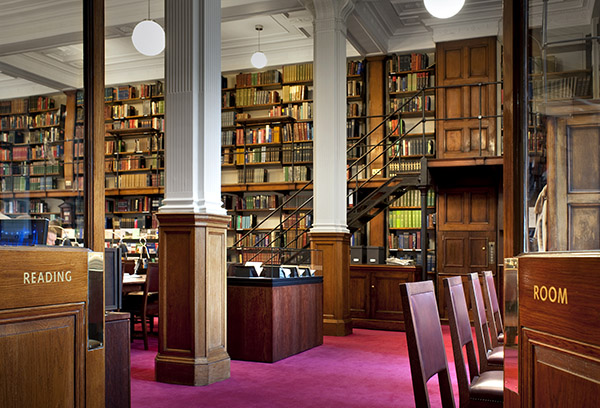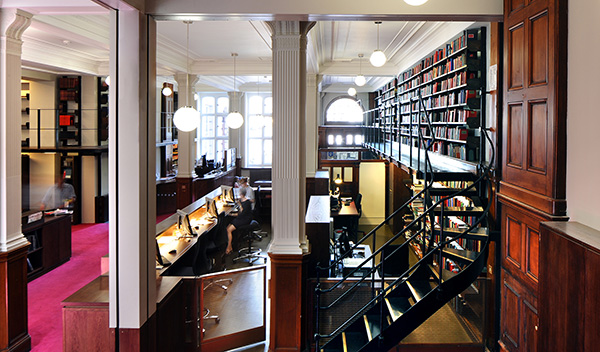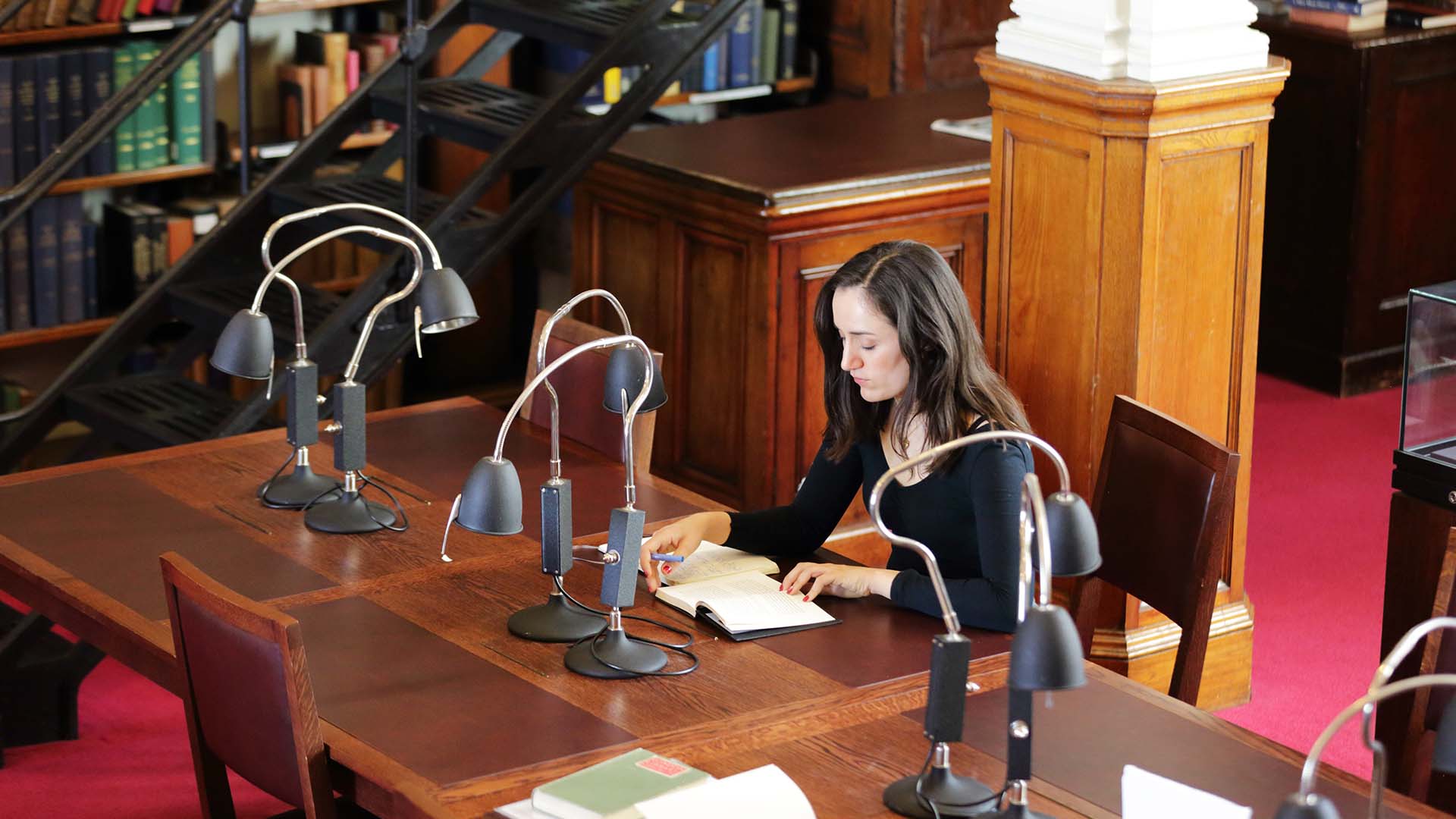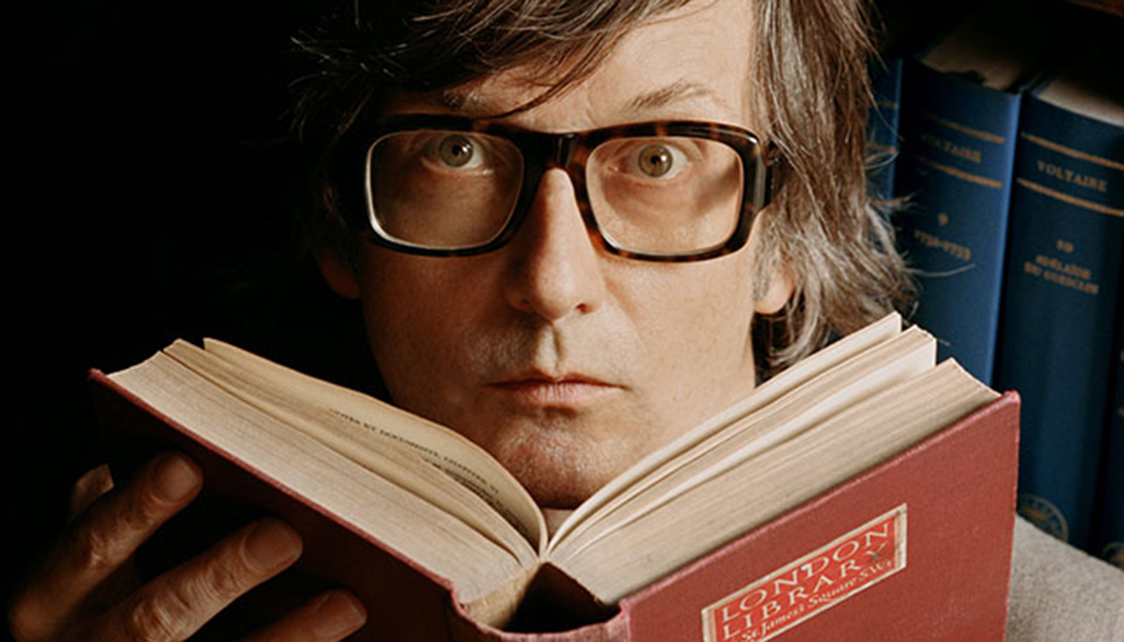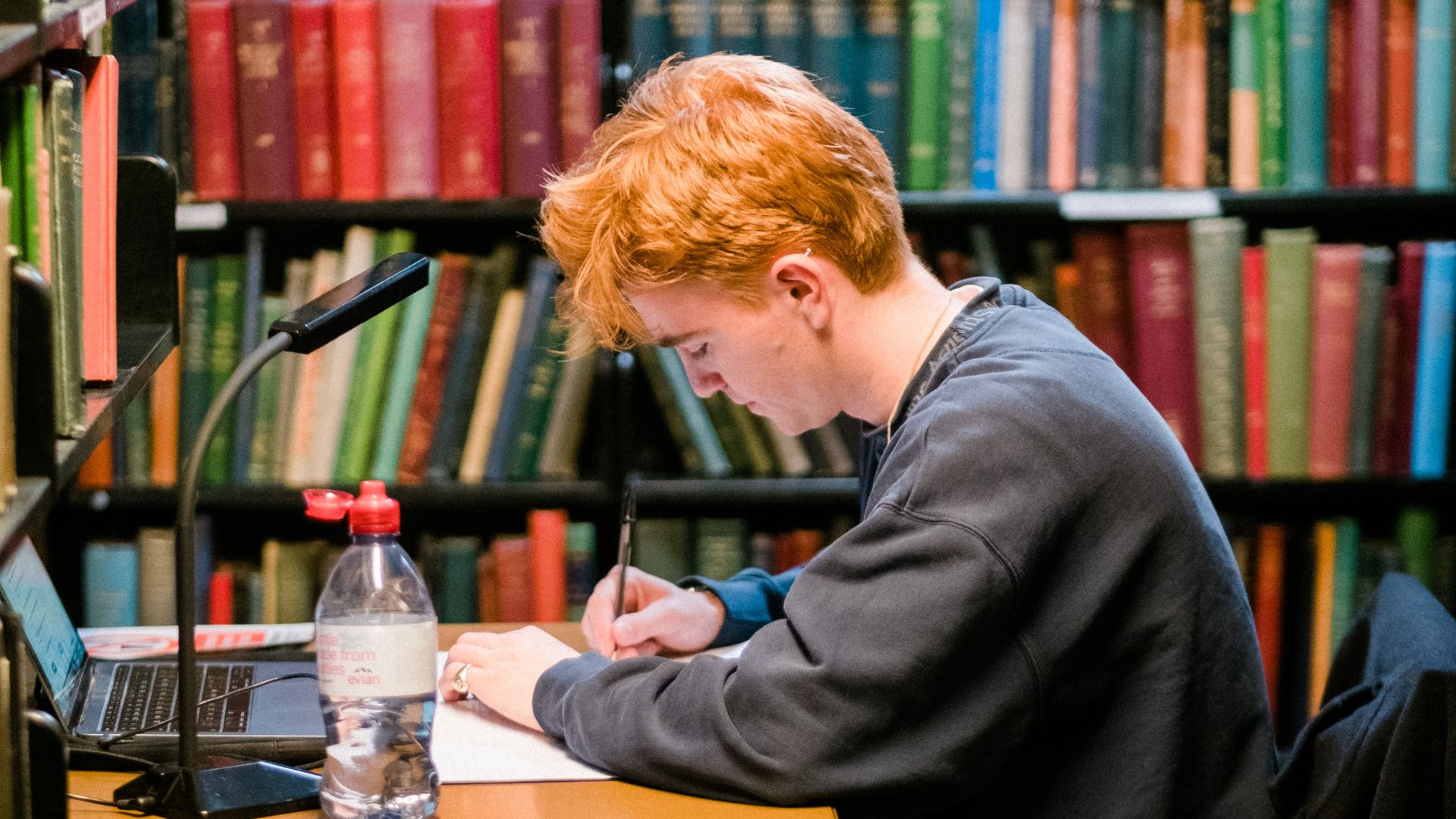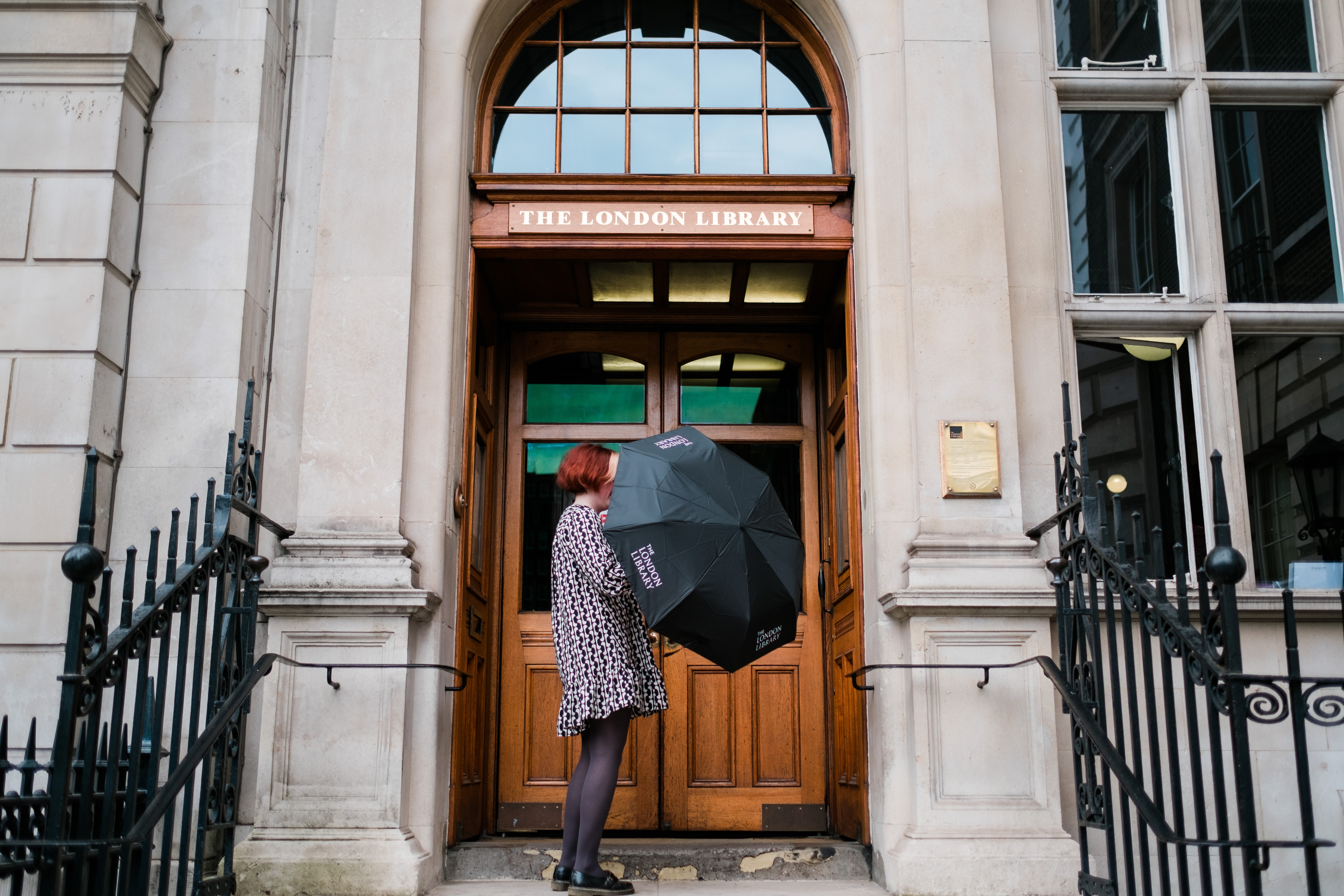Our building may be closed but with postal loans and our online collection reaching out across the world, and with our members providing such fantastic support, we've got lots to celebrate as we mark our 179th birthday this Sunday.
The Library officially opened its doors on 3rd May 1841. The opening ceremony featuring many of the great literary figures who had such a strong impact on shaping its early years. Alongside founder Thomas Carlyle, was a 30 year old Charles Dickens, future Prime Minister William Gladstone and writer William Thackeray.
Reporting on the early drive to raise funds, the Times had reported "The experiment seems at least to be worth trying, and we have little doubt that it will succeed". And so it proved. With a starting collection of 2,500 books (many of them personally chosen by Gladstone, philosopher John Stuart Mill and Italian exile revolutionary Giuseppe Mazzini), the Library rapidly established itself as one of the key literary resources in London.
Its original building in 49 Pall Mall (opposite Nell Gwynne's house) had been partly chosen by Gladstone, but it had a certain notoriety, having housed Almack’s - the 18th century gambling club much enjoyed by historian Edward Gibbon, among others. The Library rented two rooms and commissioned carpenters Stevenson’s of Theobold's Road to manufacture shelves for 10,000 books. It remained the Library's home for the next four years until in November 1845 the Library moved to its current site in St James’s Square.
On opening day in 1841, Thomas Carlyle could have been forgiven for wondering if his experiment would succeed (an earlier subscription-based lending library in London had gone bankrupt in 1825). The London Library has certainly had its moments but the last 179 years have ultimately seen it become the largest independent lending library in the world and a unique centre of creativity and ideas.
That it has done so is in very large part owing to the unstinting support of its members. As we negotiate the travails of lockdown, that support is as strongly in evidence today as it ever has been. With our birthday approaching, this is very much something for us to celebrate.

